Landscape, redefining societal norms and public discourse while navigating the balance between tradition and modernity. What does this mean for the Kingdom’s future? Rainer Hermann, a seasoned German journalist with decades of experience as the Middle East correspondent for the Frankfurter Allgemeine Zeitung (FAZ) and author of several books on the region, examines the Kingdom’s evolving intellectual scene, the aspirations of its youth, and its growing engagement with global culture.
In this exclusive interview with SaudiTimes, Hermann offers a nuanced analysis of the changes shaping Saudi Arabia today.
Q: You have studied intellectual movements across the Middle East extensively. How would you characterize the intellectual scene in Saudi Arabia today, and are there particular debates or thinkers emerging that Western audiences should take note of?
A: In the sense of the Western world, one cannot (yet) speak of an intellectual debate in Saudi Arabia. I don't yet see any intellectuals in Saudi Arabia who shape the public discourse like Jürgen Habermas does in Germany, Noam Chomsky in the USA, or Bernard-Henri Lévy in France. Moreover, not everyone who expresses themselves intelligently in public is already an intellectual.
One reason for the lack of a real public discourse is that there are no platforms where a broad debate could be conducted for a broad public. The traditional media have become irrelevant. A platform such as the “Feuilleton,” where such debates usually take place, is largely unknown in the Arab world. Social media, in turn, are very fragmented, so that a broad discourse cannot unfold there. Many voices compete with each other. The issue is what can be done with the new social freedom that is no longer restricted by rigid religious and supposedly moral boundaries.
Q: With Saudi Arabia's rapid social and economic transformations, how would you describe the ways Saudis engage in dialogue about these changes? Are there particular values or themes that have gained more attention in recent years?
A: In Saudi Arabia, modernity and postmodernity are being fought over at the same time. Many things in Saudi Arabia today appear ultra-modern on the outside, but without the most important element of modernity, individual self-determination, having been internalized. Architectural postmodernism can be seen in the cityscape; however, accepting postmodern diversity and otherness, i.e., questioning domination, is not associated with this. Nevertheless, it is fascinating to see how a young society is searching for a new identity that may not be captured fairly by Western categories.
Art and literature do not fall from the sky; they develop over many generations. It is important that a lively art scene has emerged in Saudi Arabia and that there are book fairs where an exchange is possible. Two examples of a critical examination of one's own reality of life, both of which are being taken note of with great interest in the West: Abdulnasser Gharem's art brings to the canvas a criticism that is rather impossible to express in words. And Girls of Riyadh by Rajaa Alsanea also caused a sensation in the West and changed the view on Saudi Arabia.
Q: Public spaces have transformed significantly in recent years, becoming more open and diverse. How do these changes in public life influence social interactions and societal norms within Saudi Arabia?
A: I want to take a step back: Public spaces have only recently emerged. For a long time, one contrast between the Occident and the Islamic world was that in the Occident a large square, such as the agora or the forum, formed the center of a city; this is where people met and exchanged ideas. In the Islamic world, on the other hand, mosques and their courtyards were the places where people met. There was no concept of a “citizen.” Closed spaces such as restaurants and cafés, where in Saudi Arabia only men or families met for a long time, are not really public spaces. This is now changing dramatically. Newly created public spaces are increasingly making social interaction possible. The separation of the sexes is thus being abolished.
Q: Saudi Arabia has a notably young population. What impact do you believe the youth are having on society's direction, particularly regarding tradition and modernity?
A: The young generation wants change. They want to break the shackles that prevent them from living as they see fit. They reject the ultimate authority of the ulama and want to decide for themselves how they live as Muslims. The young generation is the engine of change. It is fascinating to see how they no longer define themselves solely through their religion, but increasingly as proud citizens of a Saudi nation state. They are pushing to combine a tradition they are proud of with a modern life. For my taste, however, too many identify modernity with consumption and material symbols that come from the West, especially the USA.
Q: With more Western influence and collaboration, especially in sectors like education, the arts, and technology, how do you see Saudi society navigating this exchange? What are the main opportunities and challenges?
A: Saudi cities sometimes seem to me like medium-sized US cities, laid out for cars, criss-crossed by highways, with similar architecture. A country that—apart from religion and oil—has not developed any creativity is naturally susceptible to simply adopting many things quickly. What is important now is not just to import products from Silicon Valley, but to invent and develop products in a Saudi Silicon Valley of its own that have a Saudi identity and soul.
There will be limits to this: Creativity requires a freedom of thought that—outside of technocratic issues—does not exist. It is possible that the USA under Donald Trump is now developing more in the direction of Saudi Arabia than the other way around. Because part of Trumpism is that young people should not study at universities (which are constantly producing new ideas and rejecting them also); they should instead found companies and start-ups and not think about and not discuss postmodern issues in society.
Q: From your experience across the Middle East, how does Saudi Arabia's transformation compare to other regional shifts you've witnessed? Are there unique characteristics in Saudi's approach that stand out?
A: When I first visited Saudi Arabia in 1998, I simply lacked the imagination to envision how much different and revolutionary Saudi Arabia would look in 2024. The country seemed to me the dullest place on earth. Saudi Arabia is not alone in this enormous transformation; we see it in (almost) all GCC states.
What makes the case of Saudi Arabia special, however, is that the transformation is taking place with a determination and force that is unprecedented. It is a Herculean task, and the way the Saudi leadership is tackling it deserves respect and admiration.
Saudi Arabia is one of the few countries in the Arab world that is moving positively and in the right direction. The Saudi leadership does not have much time. Kings Fahd and Abdullah may have modernized the country against the resistance of the ulama by investing in infrastructure and opening up the education system, but Saudi Arabia had fallen behind in international comparison. This threatened to become a danger, because Saudi Arabia's young population no longer accepts the narrow boundaries set by the older generations.
Today, however, Saudi Arabia is at the center of the "Gulf Momentum": a regional power with global appeal that has taken over the leading role in the Arab world that was once held by Egypt and Iraq. What has begun is the fourth Saudi kingdom, and this will be a new center of gravity in the new world order.
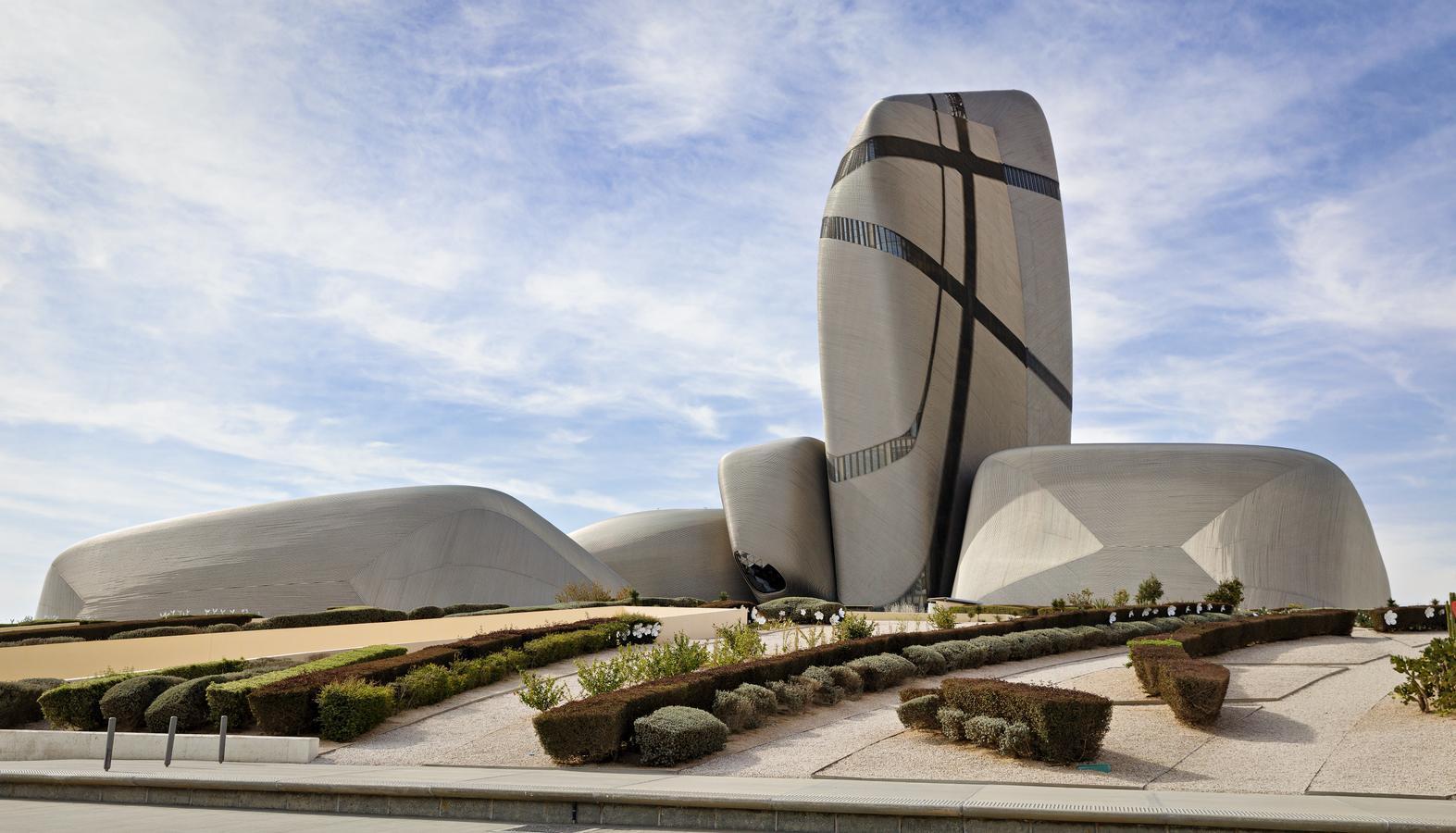
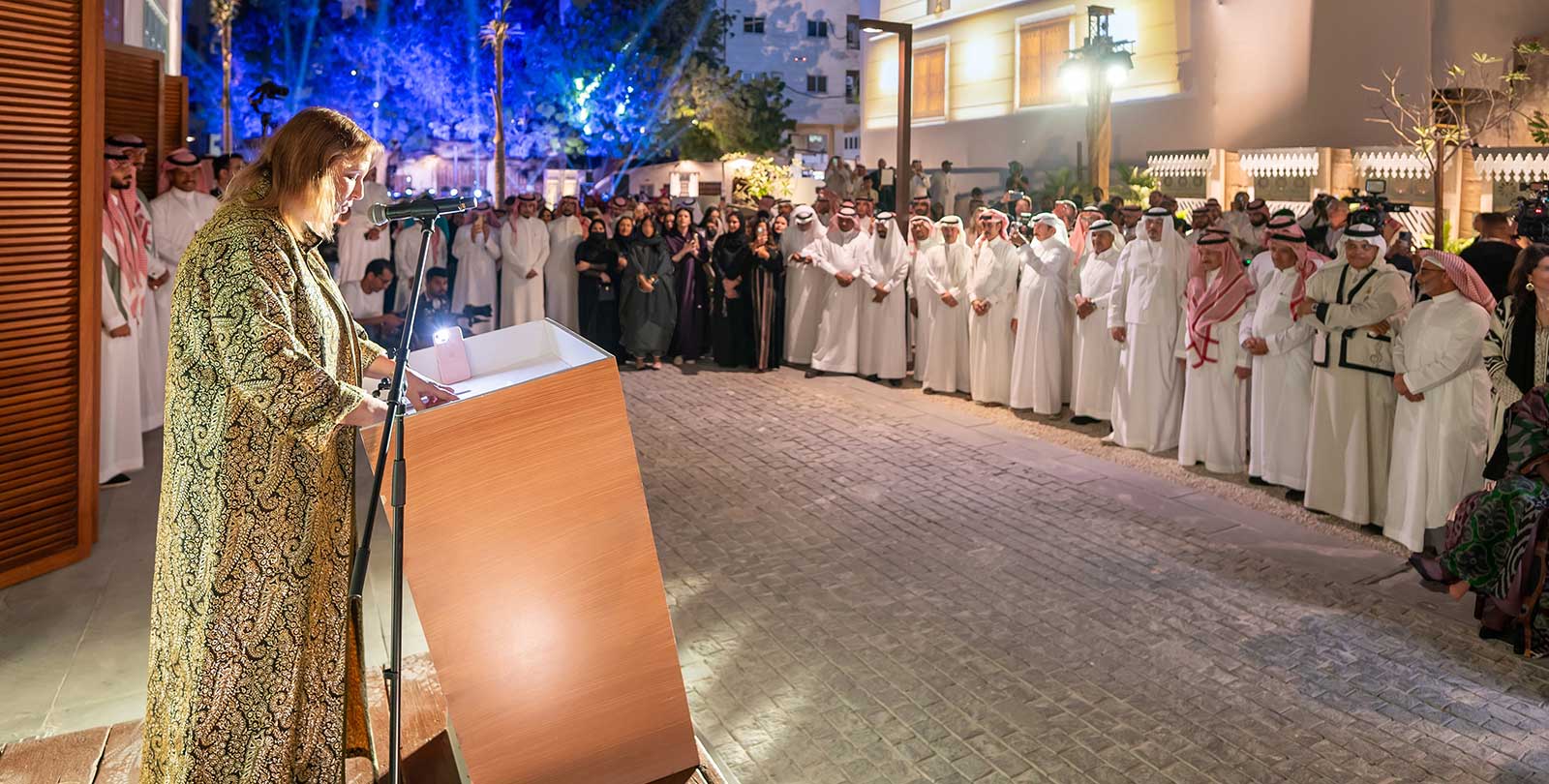
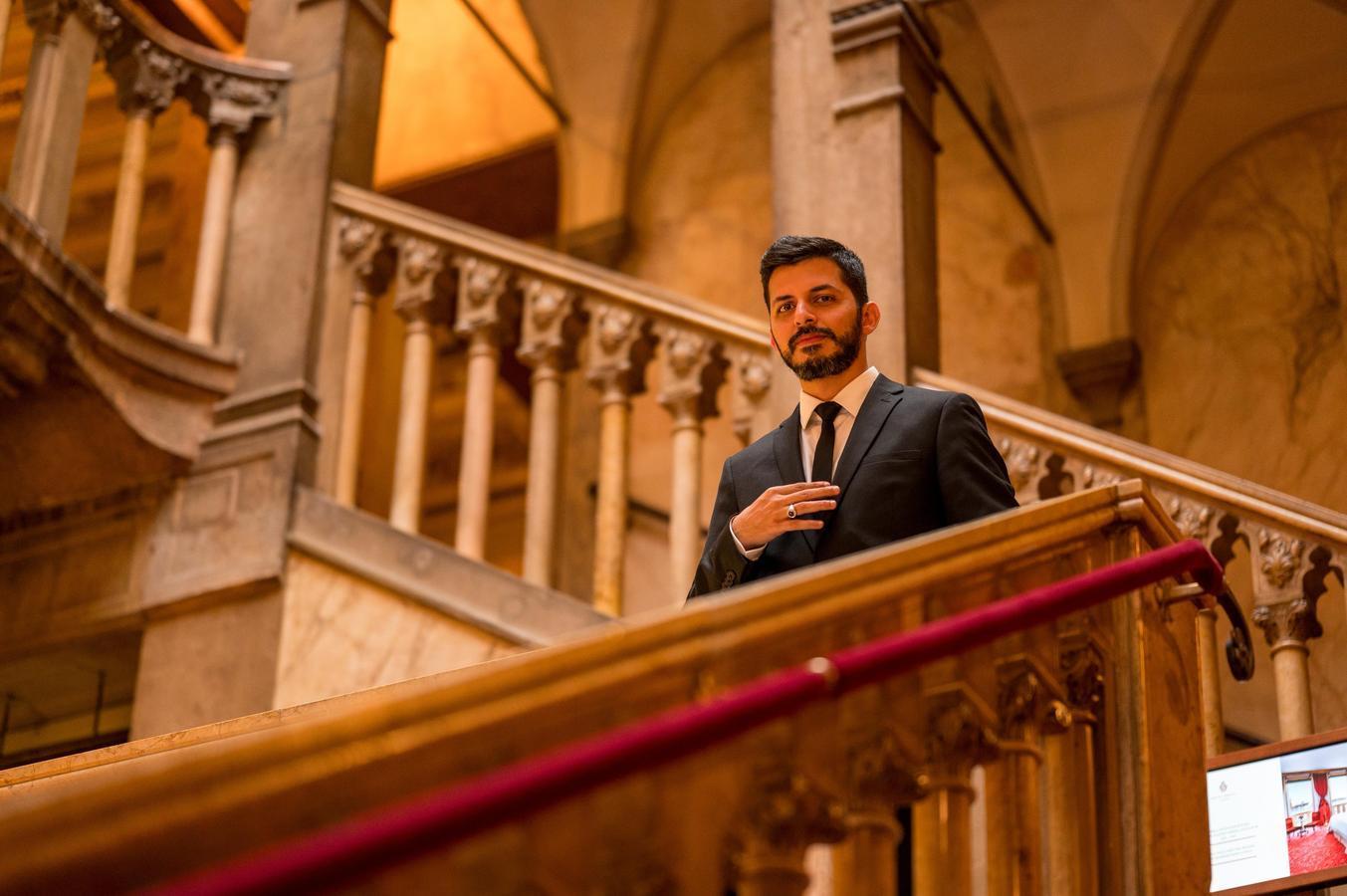
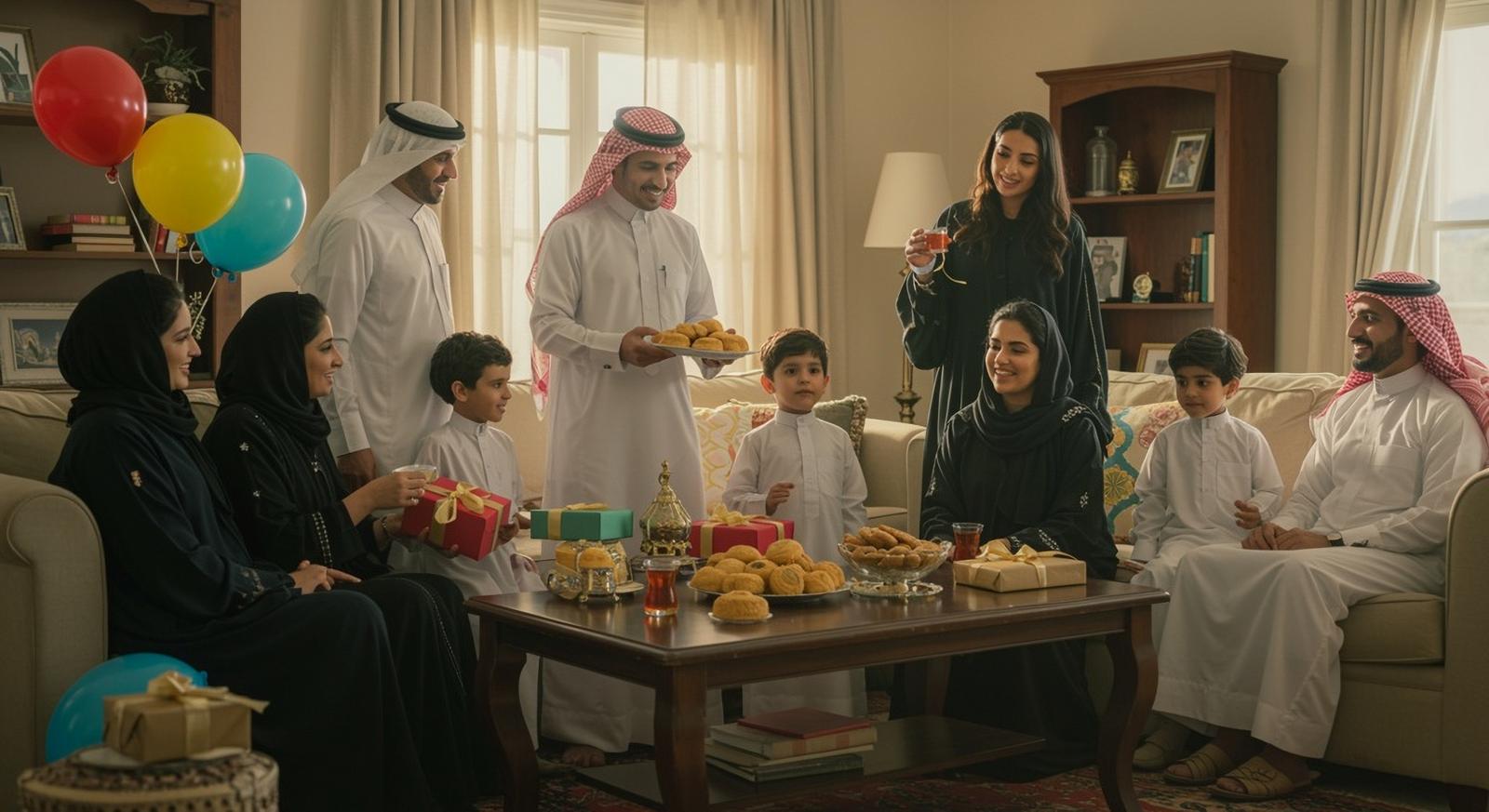
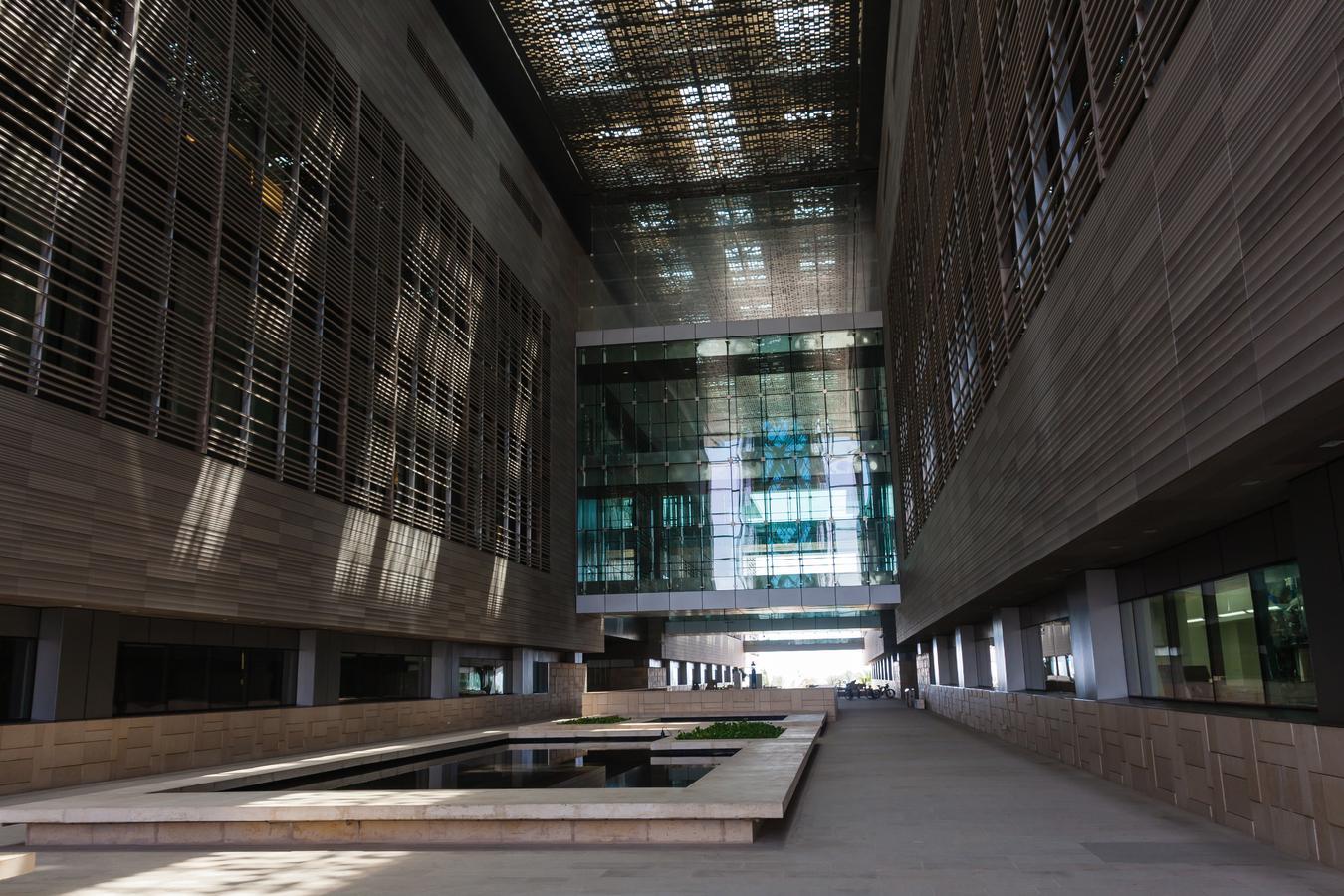
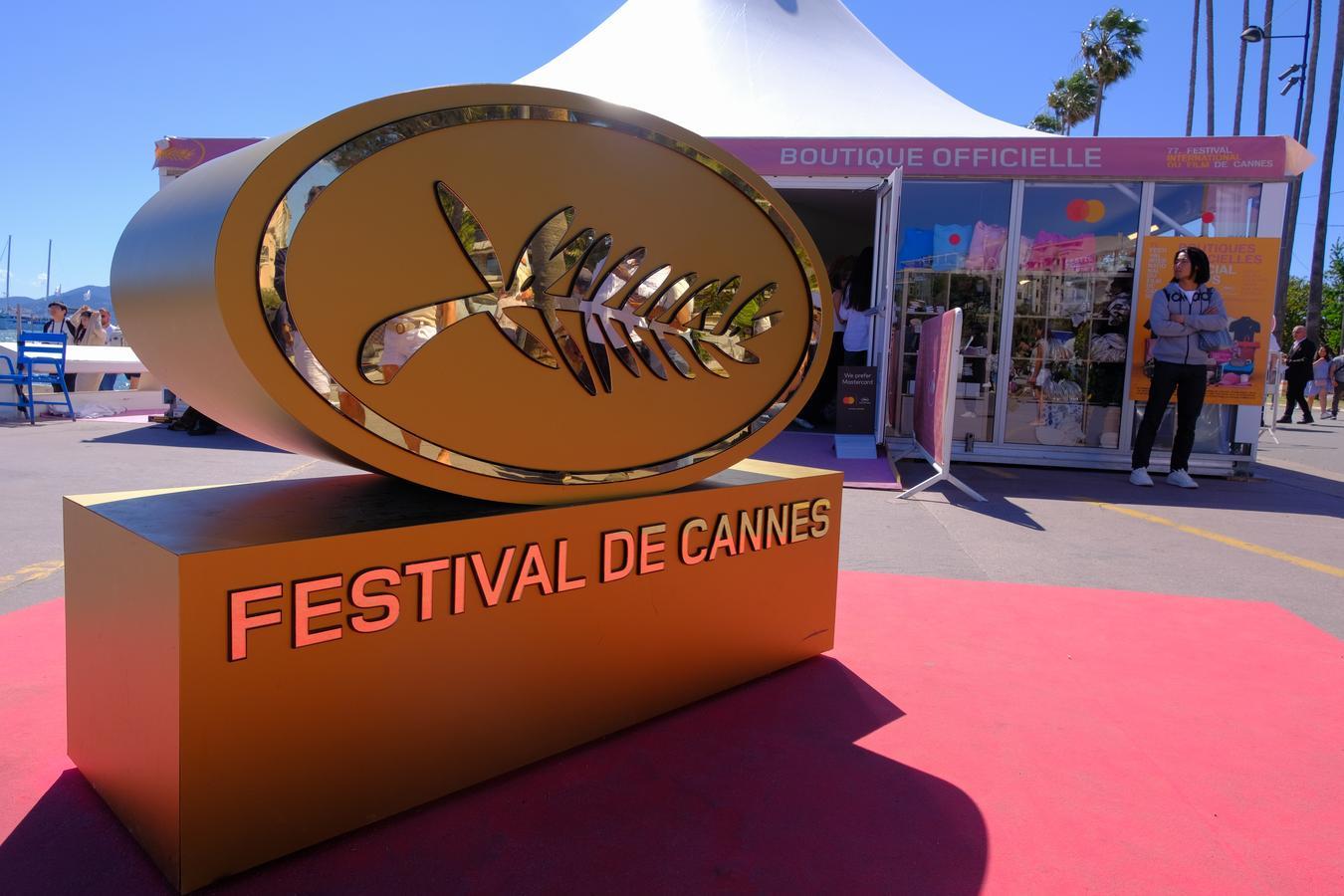
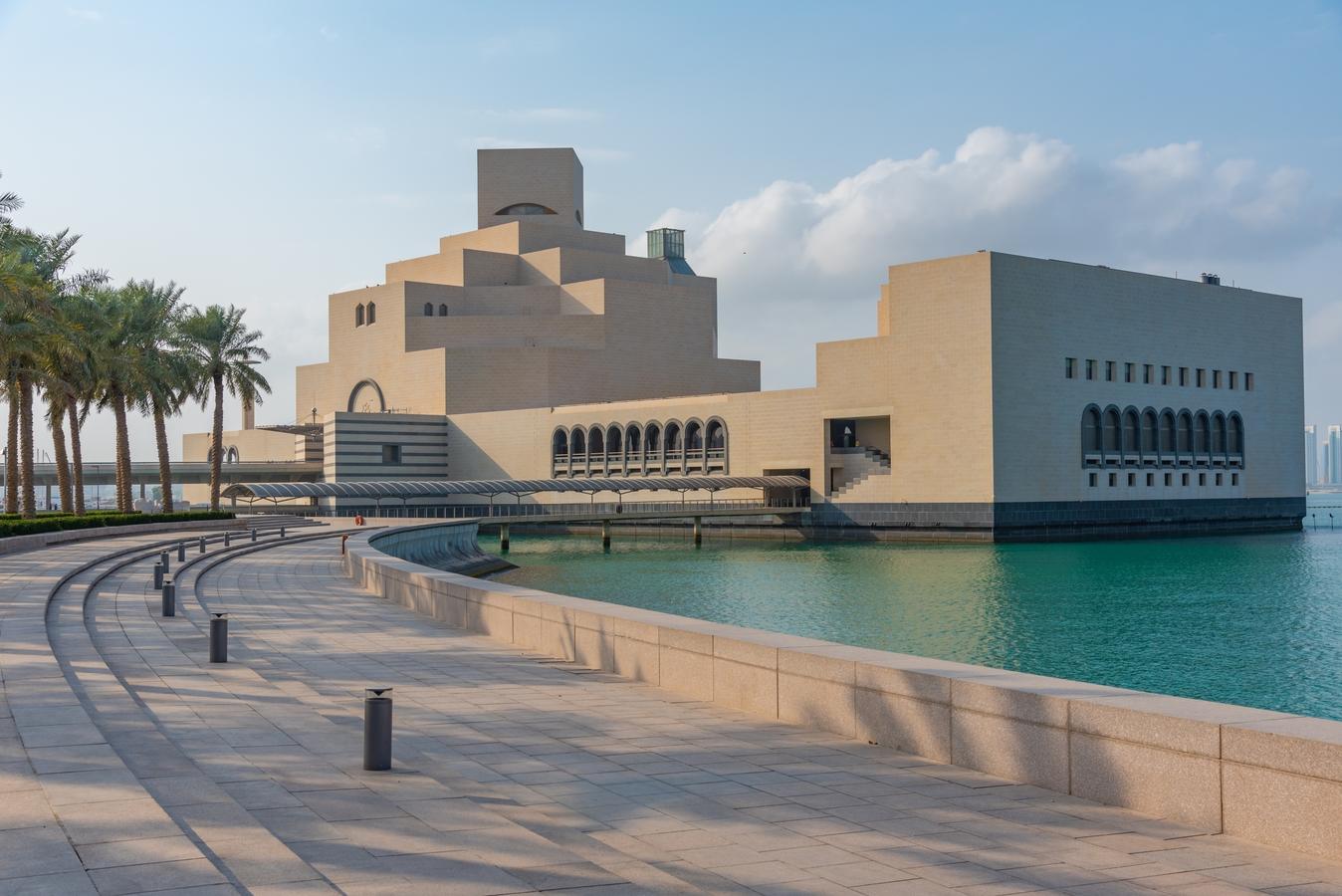
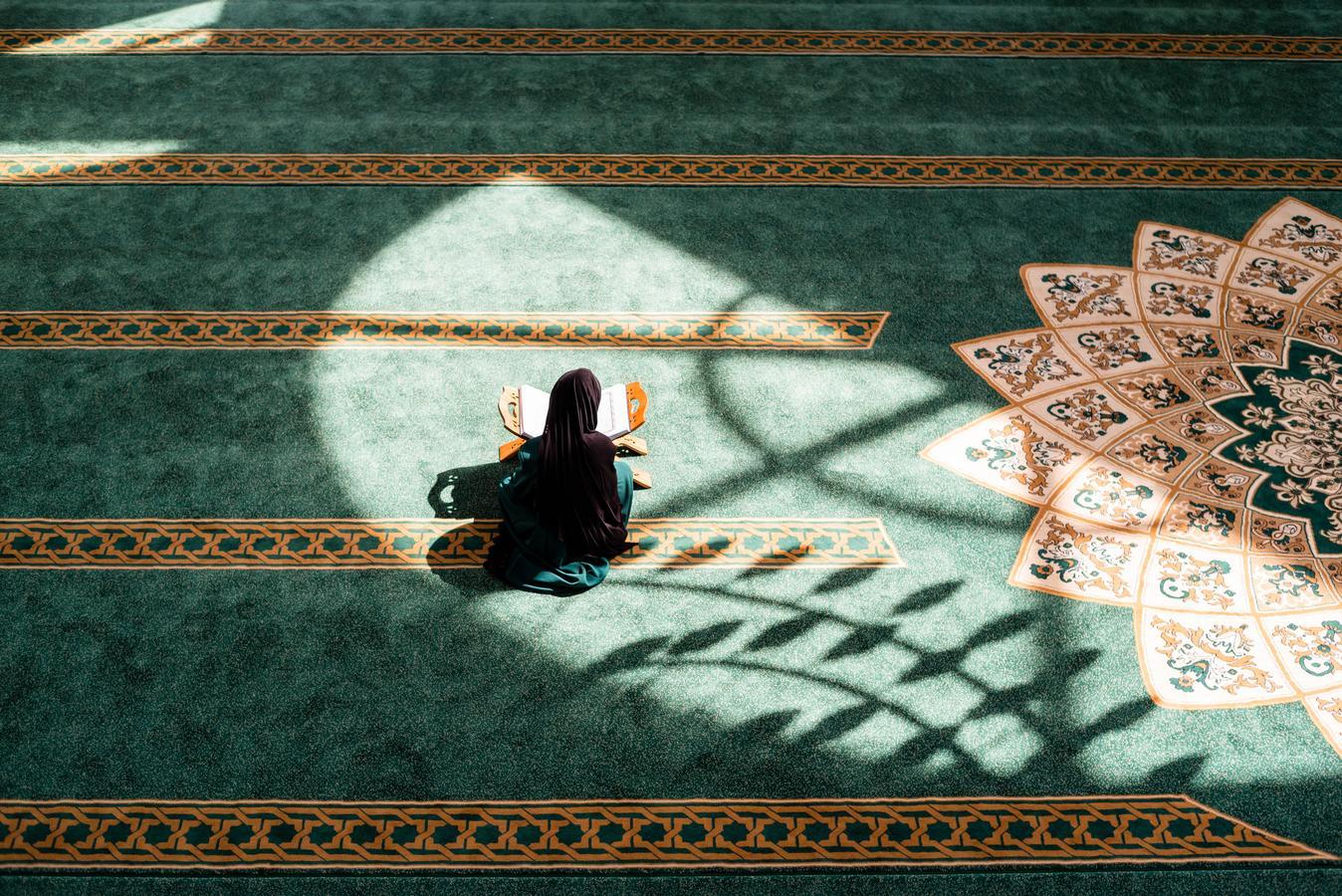
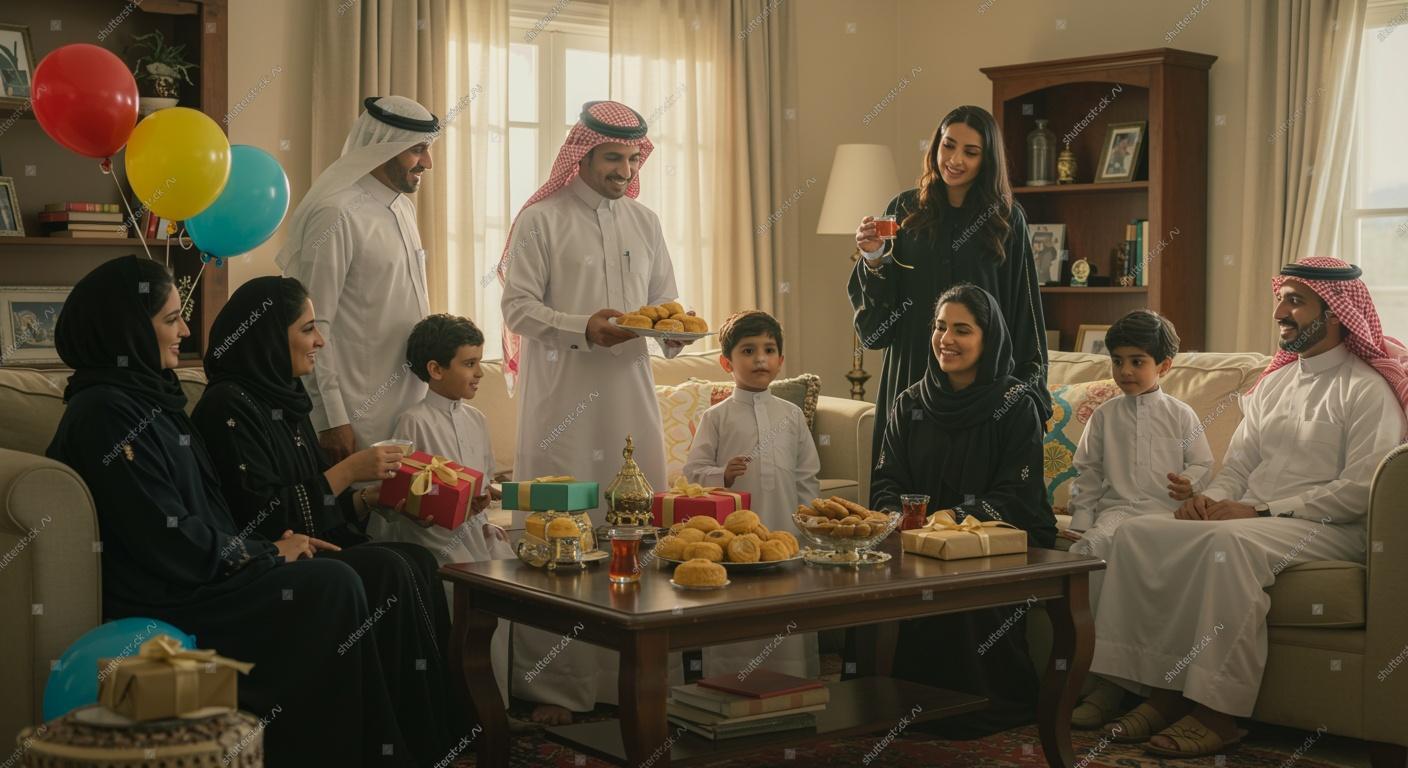
0 Comments
No comments yet. Be the first to comment!